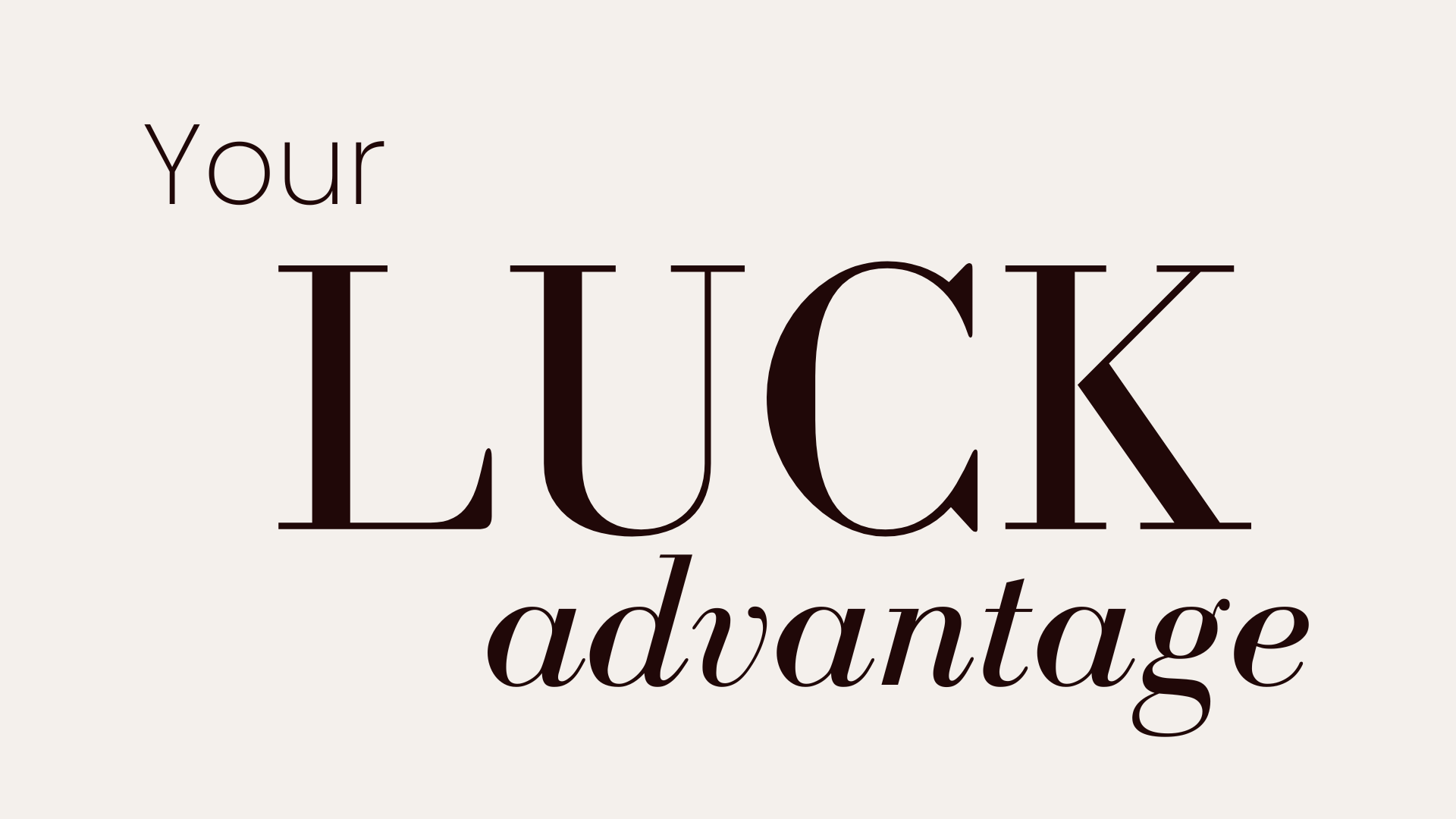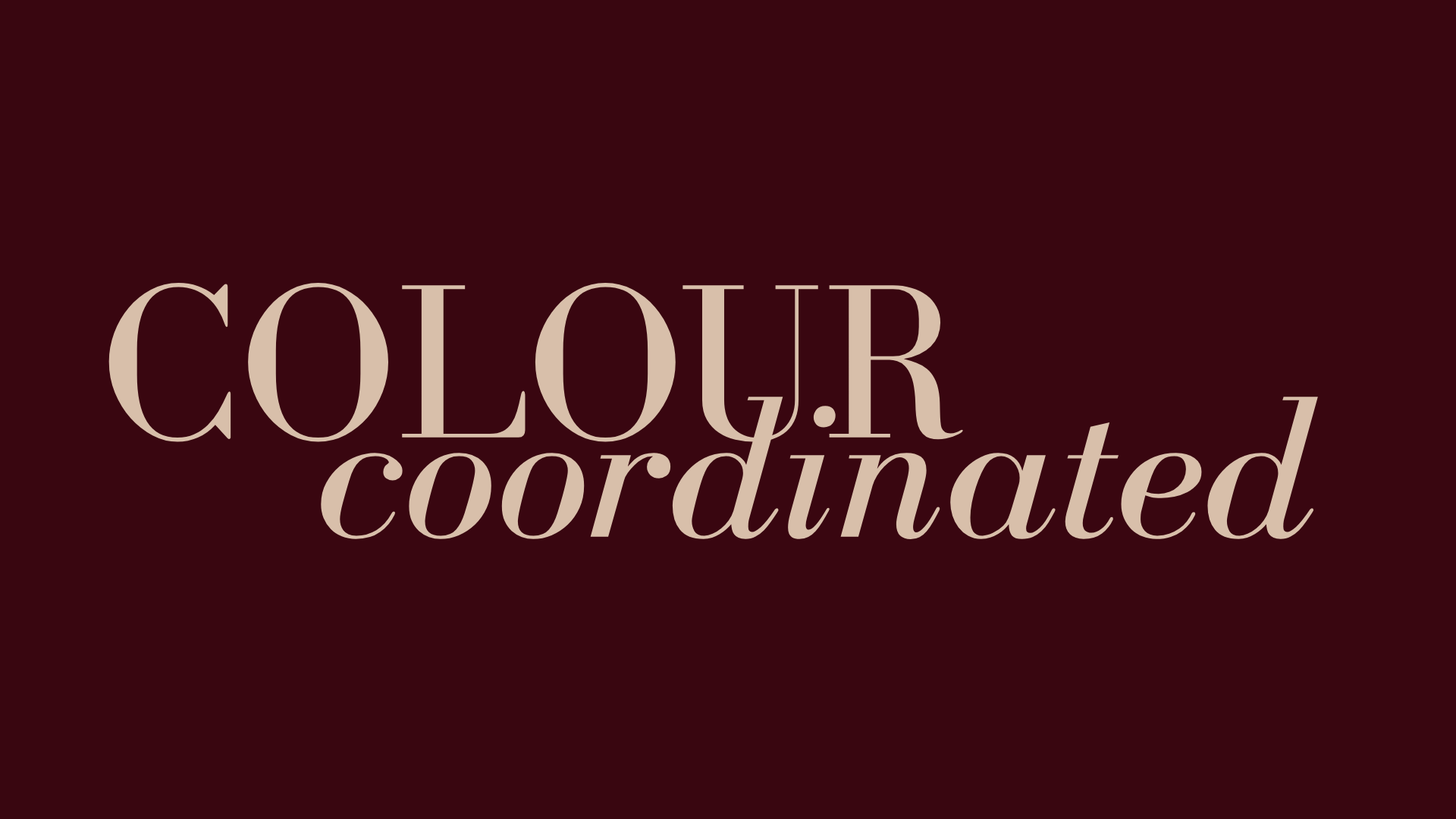Stop over-rating an ‘authentic’ personal brand. Try this instead (5 Tips)
Could your over-emphasis on building an authentic personal brand be exactly what’s holding you back from the potential already within you? Try rethinking your view of authenticity.
The results are in. ‘Authentic’ is trending. It was Merriam-Webster’s Word of the Year for 2023. According to Merriam-Webster, it’s something we’re thinking about, writing about, aspiring to, and judging more than ever.
While it has several meanings, Merriam-Webster definitions include: “not false or imitation”, a synonym of real and actual; and also “true to one’s own personality, spirit, or character”.
Much of its popularity is said to be driven by AI, celebrity culture, identity and social media.
Figures like Brene Brown only add to its popularity, saying:
“Authenticity is the daily practice of letting go of who we think we're supposed to be and embracing who we are.”
But, could your need for over-emphasised authenticity also work against you and your personal brand?
Every week, I publish a new blog, YouTube video, Podcast episode and email. I also actively use LinkedIn. And as a Personal Brand Coach, I share any value I may have to offer with others. If I were only being true to my authentic self, none of this would have happened. I’d stay behind the scenes - as I did in marketing for the 15 years prior. I chose to step outside of my innate personality, spirit and character. To adapt to my changing environment. To grow into a better future for my personal brand and career.
An uncomfortable idea might be that a steadfast focus on authenticity can be over-rated or even detrimental. It can be used as an excuse to stay in your comfort zone. And, it can stop you from trying new things - to evolve - an essential part of your ability to thrive. Or worse, your inauthentic pursuit of ‘authenticity’ can make you appear untrustworthy or feel staged. Trust that authenticity always takes care of itself.
Michael Angelo, on his statue of David said:
“I created a vision of David in my mind and simply carved away everything that was not David.”
He believed life was like a block of marble, and the soul is trapped within it waiting to be set free:
“I saw the angel in the marble and carved until I set him free.”
So, instead of getting caught up in the authenticity buzz, try these tips instead:
Tip #1: Adopt a Growth Mindset
Most professionals, business or industry leaders would agree a view of continuous development is valuable.
Dr Carol Dweck and her colleagues popularised the idea of a ‘fixed mindset’ versus a ‘growth mindset’.
Those with a fixed mindset believe their talents and skills are natural and fixed and will not change over time. And that failure is a reflection of your abilities.
With a growth mindset, you believe talent and skill can be learned over time. It is not pre-determined. You believe in life-long learning and that your efforts determine your success. You see setbacks as temporary and invite feedback. You value challenges and are inspired, not jealous, of others.
No one is suggesting you act deceitfully or unethically. But, simply that you do not make authenticity an excuse to not evolve.
As Brianna Wiest says in The Pivot Year:
“You are meant to grow as new evidence and experience are presented to you, as you adapt to new ideas, solve new problems, gain new skills, hear new perspectives, and see more of the world as it really is.”
Neuroscience research in more recent years helped support the idea. It has shown how malleable the brain really is. Brain plasticity has shown how connectivity between neurons can change over time.
So, while it might not initially feel natural or authentic, try using the power of your neural pathways to bridge the way to your future personal brand.
As Wiest also says:
“Losing yourself is not always a bad thing. The point is to lose some versions of yourself. The point is to let some parts of yourself disintegrate within the fire of your personal transformation.”
Tip #2: Reframe your Limiting Decisions
If you had told me I’d voluntarily speak publicly every week, I never would have believed you. Like 70% of the world, it was one of my least favourite things.
If you told me I’d personally film and edit my videos and podcasts, I’d be astounded. I thought I was ‘terrible at tech”.
My Neuro-linguistic Programming (NLP) training, however, taught me to reframe my limiting beliefs. And made me ask myself when I made those limiting decisions.
The idea of ‘secondary gain’ is a popular concept in NLP and the health industry. It’s about the conscious or subconscious gain you derive from an illness or behaviour. It’s any positive gain you might experience from even a seemingly negative experience or behaviour. I like to apply the concept in all facets of my life. If I tell myself “I’m not a speaker”, I know I gain not having to leave my comfort zone and put myself out there. If I tell myself, “ I’m terrible at tech”, I don’t have to spend time learning it.
I chose to reframe my limiting beliefs by remembering specific examples of why they are false. Like for example, I’ve written speeches for leaders my whole career, and presented in endless meetings and other forums. And I’ve led digital teams and personally built many websites.
No - it didn’t initially feel authentic to step into the next stage of evolution. But, I needed to find new ways to thrive.
Tip #3: Embrace Imposter Syndrome
As Sheryl Sandberg highlights in her book Lean In, sometimes faking it is just what you and your body needs to keep going.
Quoting Tina Fey, she shares of imposter syndrome:
“The beauty of the imposter syndrome is you vacillate between extreme egomaniac, and a complete feeling of: ‘I’m a fraud! Oh God, they’re on to me! I’m a fraud’…Seriously I’ve just realised that almost everyone is a fraud, so I try not to feel too bad about it.”
In personal branding, imposter syndrome can be paralysing. Many worry about authenticity. And feel they aren’t an ‘expert’ in their profession. Some people feel they lack the conventional credentials or their career grew at too rapid a rate to be real. Or, they have a pre-conceived picture of what an ‘expert’ in their field is. This can hold you back from sharing your knowledge with the world or putting yourself forward for new opportunities.
If, as Fey says, everyone is an imposter, maybe that isn’t a bad thing. Maybe, it just means everyone is striving for something. Striving to be an elevated version of themselves. For example, if you grow up dirt poor, that doesn't mean you can’t carry yourself as the picture of luxury, sophistication and elegance. If you are soft-spoken or shy, that doesn’t mean you can’t learn the skills to be otherwise. When you feel like an imposter, just remind yourself to push your comfort zone and intentionally grow.
Tip #4: Let your Authenticity Speak for Itself
Consider removing phrases like this from your vocabulary:
“I’ll be honest…”
“I’m going to give it to you straight”.
Reconsider adding honesty, truth, trust and authenticity to your personal brand values (and your business values too). Does it really need to be said? How strange would it sound to a potential customer, employer or partner to say that you value “not acting dishonestly”? What brand shouldn’t be trustworthy? Unless you’re unethical, honesty should be your default.
As Ryan Holiday highlights in The Daily Stoic, Marcus Aurelius said:
“How rotten and fraudulent when people say they intend to ‘give it to you straight.’ What are you up to, dear friend? It shouldn’t need your announcement, but be readily seen, as if written on your forehead….”
Tip #5: Try New Things
Imagine a world without the internet, social media and smartphone users. It’s almost impossible because most of us choose to try new things. Among these, we decided it was somehow okay to publish our personal and professional lives to the world online. Even the shyest of individuals tend to have some online presence for their personal brand. They choose to have social media profiles, host podcasts, and YouTube channels. Offline, they even take on speaking engagements - perhaps outside of every natural instinct.
As Henry Ford famously said:
“If I had asked people what they wanted, they would have said faster horses.”
Sometimes the solution isn’t always the one that comes instinctively to us. But, by trying new things - experimenting - you start to not just survive, but thrive.
I was first introduced to the idea of ‘zooming’ in Seth Godin’s Survival is Not Enough. In a brilliant analogy to science and nature, Godin proposes a brand’s ability to survive - or better yet, thrive - is about evolving. And to evolve, you must overcome your innate anti-change reflex. By ‘zooming’ daily, you develop an appreciation for change. You don’t just manage change, but become passionate about it. Through daily experimenting, you make change tiny and painless. See more on experimenting in last week’s blog.
There is perhaps no greater user of the word ‘authentic’ than in the personal brand industry. But, personal branding, like all good brand strategies, also calls for continuous evolution and reinvention. Over time, your continuous experiments and efforts to evolve will compound. And, while so many personal brands stay stagnant, you’ve learned to thrive.





